Switzerland will host the 2025 Eurovision Song Contest. But which city in the Helvetic Confederation will welcome the thousands of artists, media people and fans? Geneva, Sankt Gallen, Basel and Fribourg have already expressed their interest. Other obvious options are Zurich and Bern. And why not Lausanne? Swiss broadcaster Schweizer Radio und Fernsehen (SRF) also sees Biel/Bienne and Lucerne as viable options. Combined, Danny and I have visited almost all of them. So let us introduce them.
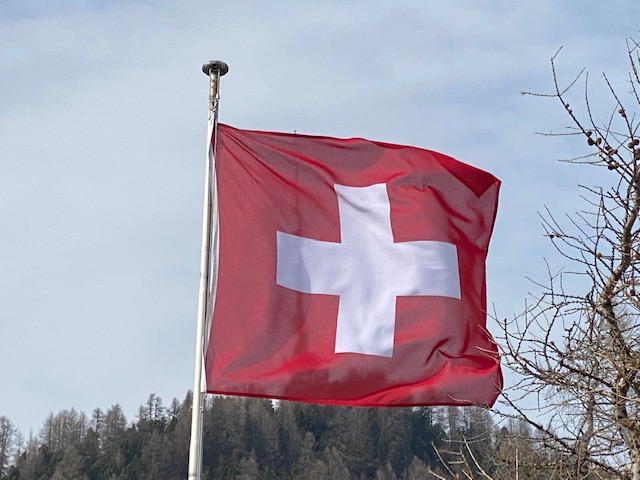
“Geneva was the first Swiss city to submit to application dossier to host the Eurovision Song Contest 2025“, SRF wrote just after Nemo‘s victory in Malmö in Sweden in 2024.
Palexpo and the Geneva has authorities have been working for several weeks to host the event in Geneva. Palexpo Geneva offers space for almost 15,000 spectators with 32,000 square meters. In addition, the International Radio Union was founded in Geneva in 1925, the predecessor of the European Broadcasting Union founded in 1950, writes the applicant.

Geneva
Situated at the southwestern tip of Lake Geneva or Lac Léman and surrounded by the Alps and Jura mountains, Geneva (Genève in French, Genf in German) is the second-most populous city in Switzerland with over 200,000 inhabitants, after Zurich (415,000 inhabitants). Geneva is renowned for its pivotal role on the global stage. Geneva is located in the Republic and Canton of Geneva in the informal region of Romandy. This means its main language is French.
History
Geneva’s history stretches back over two millennia. Originally settled by Celtic tribes, the city became a Roman outpost in the 1st century BC. Its strategic location made it a vital hub for trade and military activities. During the Middle Ages, Geneva’s significance grew as a center of commerce and banking, laying the groundwork for its future prosperity.
The Protestant Reformation in the 16th century was a defining period for Geneva. Under the leadership of John Calvin, the city became a bastion of Protestantism and a refuge for reformers. Calvin’s influence extended beyond religion, shaping Geneva into a center for education and printing.
The establishment of the University of Geneva in 1559 further cemented the city’s reputation as an intellectual powerhouse.
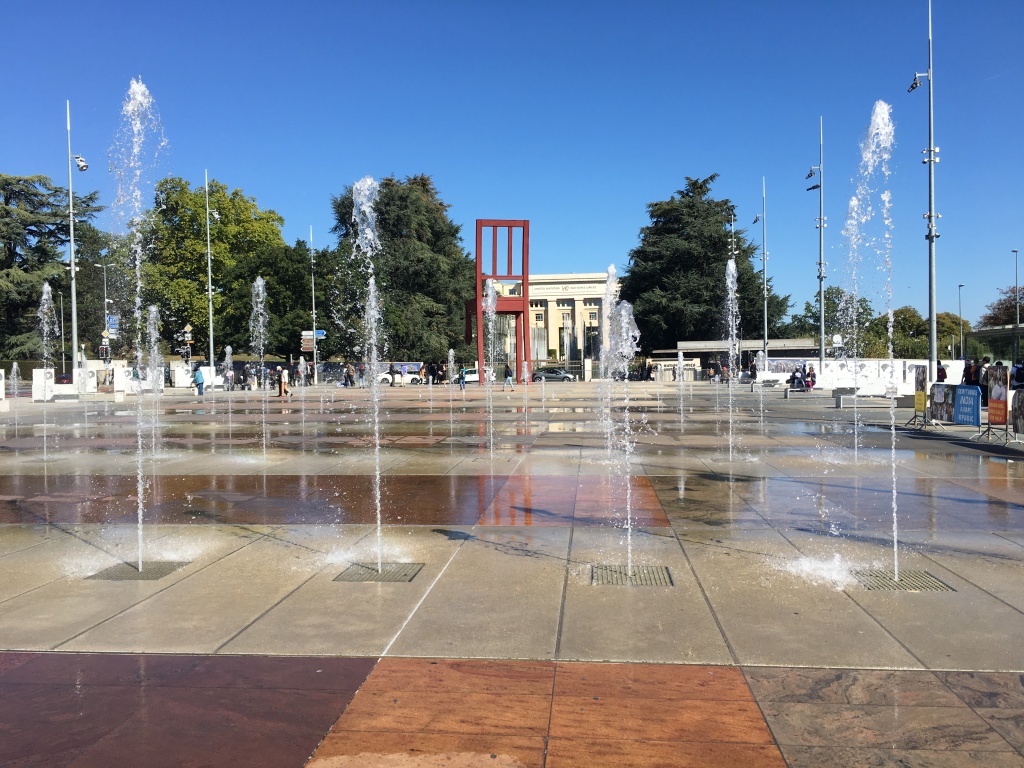

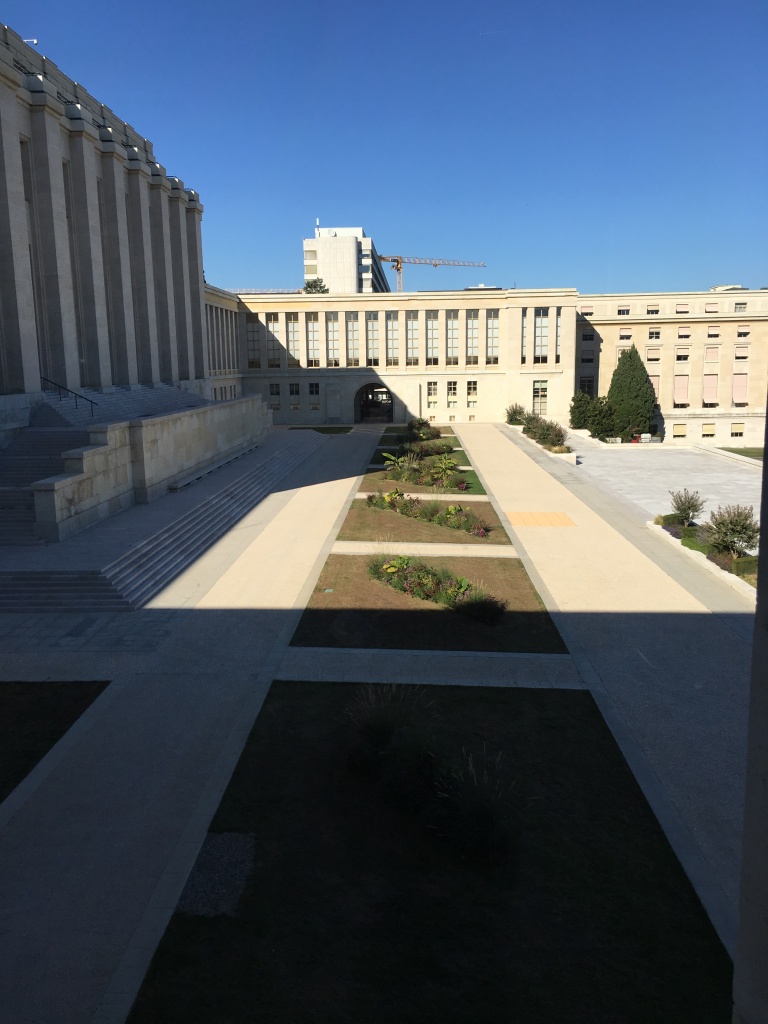





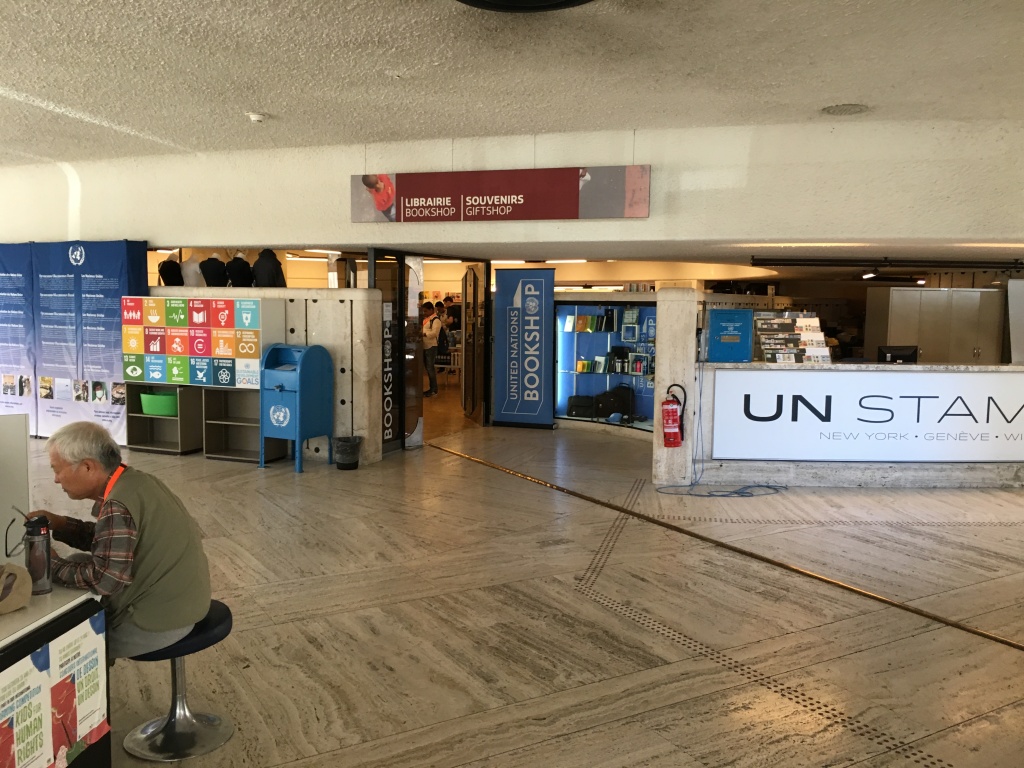
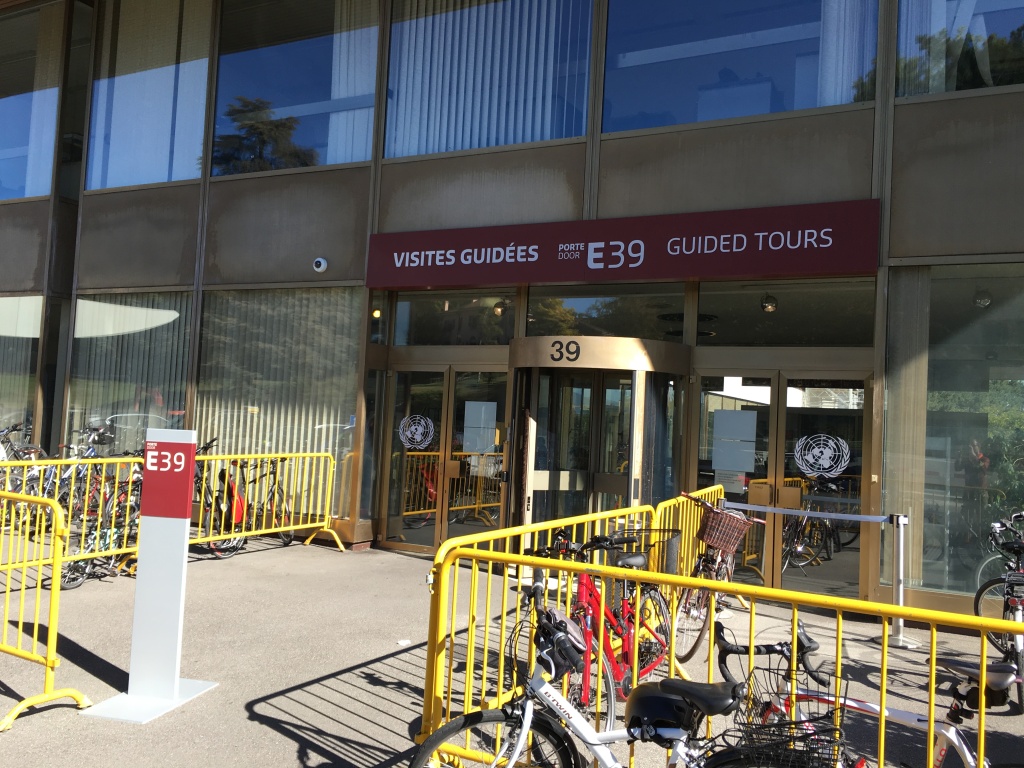

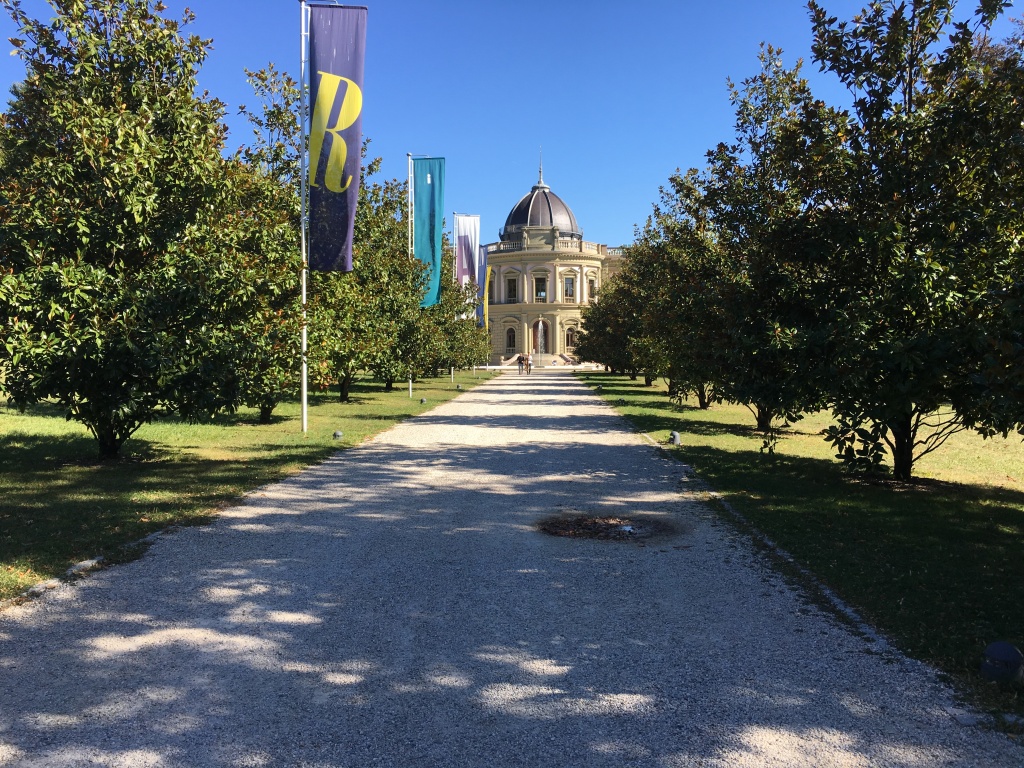
International diplomacy and organisations
Geneva’s role as a hub for international diplomacy began in the 19th century and continues to this day. The city is home to the headquarters of numerous international organizations, most notably the United Nations Office at Geneva (UNOG), which is the European headquarters of the UN. This presence underscores Geneva’s importance in global diplomacy, human rights, and international law.
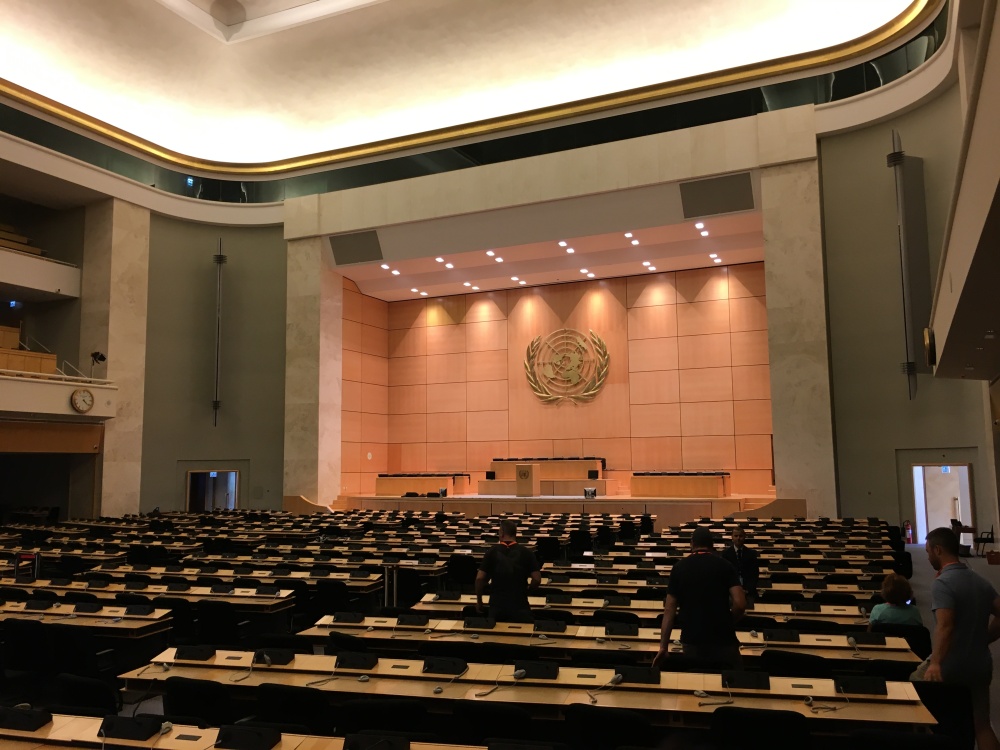
In addition to the UN, Geneva hosts the International Committee of the Red Cross (ICRC), founded in 1863 by Henry Dunant, a native of the city. The ICRC’s mission to provide humanitarian aid and protect victims of armed conflict is a testament to Geneva’s enduring commitment to peace and human rights.

Other significant international organizations based in Geneva include the World Health Organization (WHO), the International Labour Organization (ILO), and the World Trade Organization (WTO).
These institutions play crucial roles in addressing global challenges such as health crises, labor rights, and trade disputes.
Economy and innovation
Geneva boasts a diverse and robust economy, driven by finance, trade, technology, and international organizations. The city’s financial sector is one of the most prominent in the world, with numerous banks, investment firms, and insurance companies headquartered here. The presence of these financial institutions has fostered a culture of innovation and stability, making Geneva a magnet for global business.
The city’s economy is also bolstered by its role as a global trade center. The presence of the WTO and other trade organizations facilitates international commerce and economic cooperation. Moreover, Geneva’s freeport and logistics facilities make it a crucial node in the global supply chain.
In recent years, Geneva has emerged as a hub for technology and innovation. The city is home to several research institutions and startups specializing in biotechnology, information technology, and sustainable development. The proximity to the European Organization for Nuclear Research (CERN) further enhances Geneva’s status as a center for scientific research and innovation.
Culture and lifestyle
Geneva’s cultural landscape is as diverse and vibrant as its international community. The city’s museums, theaters, and galleries offer a rich array of cultural experiences.
The Musée d’Art et d’Histoire (Museum of Art and History), the largest art museum in Geneva, houses an extensive collection ranging from ancient artifacts to contemporary art. The Patek Philippe Museum showcases the city’s long-standing tradition of watchmaking, featuring exquisite timepieces from the 16th century to the present.
The city’s cultural calendar is packed with events and festivals that celebrate its diversity. The Geneva International Film Festival, the nearby Montreux Jazz Festival, and the Fêtes de Genève are just a few examples of the city’s lively cultural scene. These events attract visitors from around the world and highlight Geneva’s role as a global cultural capital.
Geneva is also renowned for its culinary scene, which reflects its multicultural population. The city’s restaurants offer a wide range of cuisines, from traditional Swiss dishes to international flavors.
The local food markets, such as the Marché des Grottes and the Plainpalais flea market, are popular spots for both residents and tourists to explore fresh produce and artisanal goods.
Education and research
Education is a cornerstone of Geneva’s identity. The University of Geneva, one of Europe’s leading universities, offers a wide range of academic programs and is known for its research excellence. The university collaborates with various international organizations and research institutions, contributing to Geneva’s status as a knowledge hub.
Geneva’s commitment to education extends to its primary and secondary schools, which include both public institutions and renowned international schools. This emphasis on education ensures that the city’s diverse population has access to high-quality learning opportunities.
Environmental sustainability
The city’s location on the shores of Lake Geneva and its proximity to the Alps provide ample opportunities for outdoor recreation and emphasize the importance of preserving natural resources. Geneva has implemented various initiatives to promote sustainability, such as extensive public transportation networks, green building standards, and renewable energy projects.
The city also hosts numerous environmental organisations, including the World Wide Fund for Nature (WWF) and the International Union for Conservation of Nature (IUCN). These organizations work on global environmental issues, reinforcing Geneva’s role as a leader in sustainability.
Challenges and future prospects
Despite its many strengths, Geneva faces challenges that require ongoing attention. The high cost of living and housing affordability are significant concerns for residents. Additionally, the city’s infrastructure must keep pace with its growth and the needs of its diverse population.
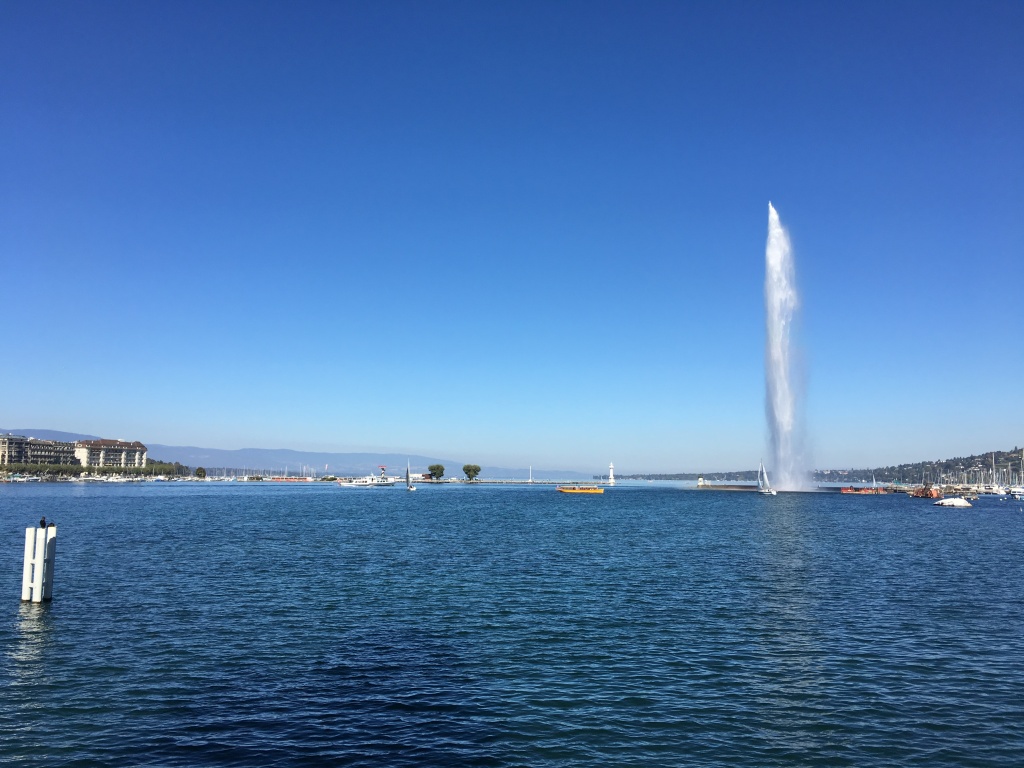



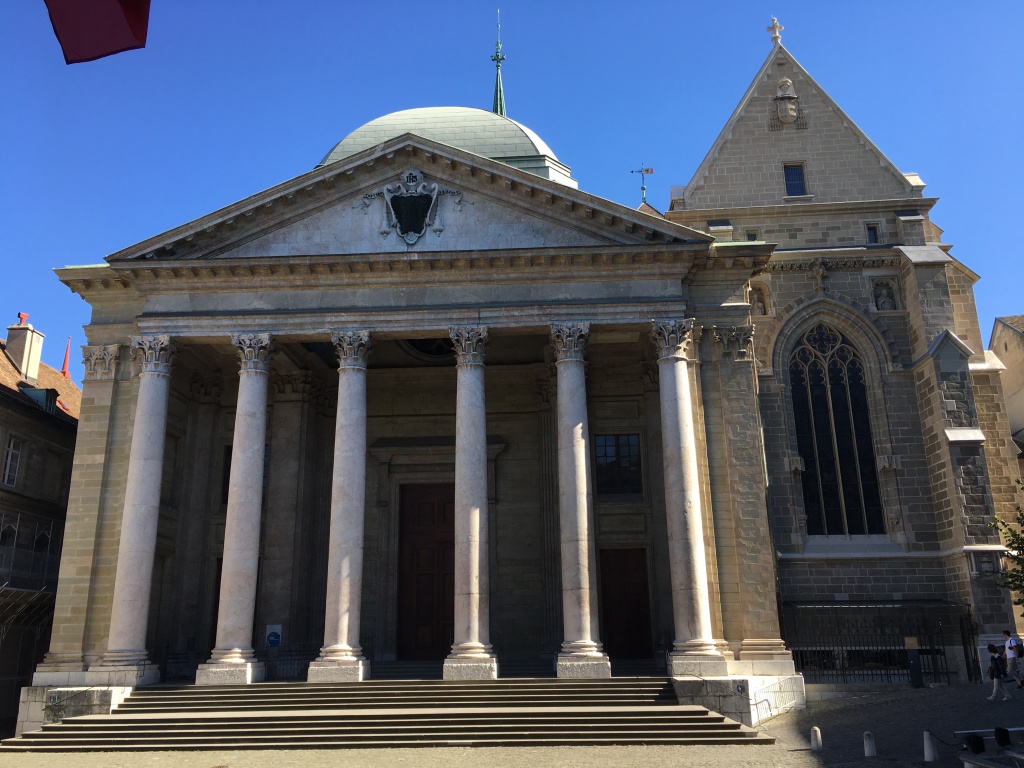
See and do?
What are the must-sees and must-dos in Geneva?
- The Jet d’eau, a fountain in the lake.
- The Horloge fleurie or Flower Clock.
- Cathédrale de Saint-Pierre or St. Peter’s Cathedral.
- The Jardin anglais or English Garden.
- The Palace of Nations.
- The Red Cross.
- The Carouge neighbourhood.
- The Parc des Bastions.
Criteria to host the Eurovision Song Contest
According to Wikipedia, the host venue must be able to accommodate at least 10,000 spectators, a press centre for 1,500 journalists, should be within easy reach of an international airport and with hotel accommodation available for at least 2,000 delegates, journalists and spectators.
A variety of different venues have been used for past editions, from small theatres and television studios to large arenas and stadiums.
The largest host venue is Parken Stadium in Copenhagen in Denmark, which was attended by almost 38,000 spectators in 2001.
With a population of 1,500 at the time of the 1993 contest, Millstreet in Ireland remains the smallest hosting settlement, although its Green Glens Arena is capable of hosting up to 8,000 spectators. Also, that was in 1993 when the ESC wasn’t this crowd magnet it is in the 21st century.
So?
I rate Geneva to be a very viable candidate to host Eurovision 2025. It has the infrastructure and ‘weight’ needed. Geneva is not far from France and Italy, has an international airport and has 104 hotels and hostels with an average of just under 140 beds per accommodation.

Wonderful place and great photos!
LikeLiked by 1 person
Indeed and thank you Elvira!
LikeLiked by 1 person
Thank’s Timothy!
LikeLiked by 1 person
Not only been there but was offered a job in Geneva! Did not took it as not up to my standards but thanks for the memories.
LikeLiked by 1 person
You’re welcome ☺️
LikeLiked by 1 person
Geneva looks like a stunning place – fantastic pictures against the lovely blue skies!
LikeLiked by 1 person
Thanks. Geneva doesn’t have a great reputation as particular fun place though.
LikeLiked by 1 person